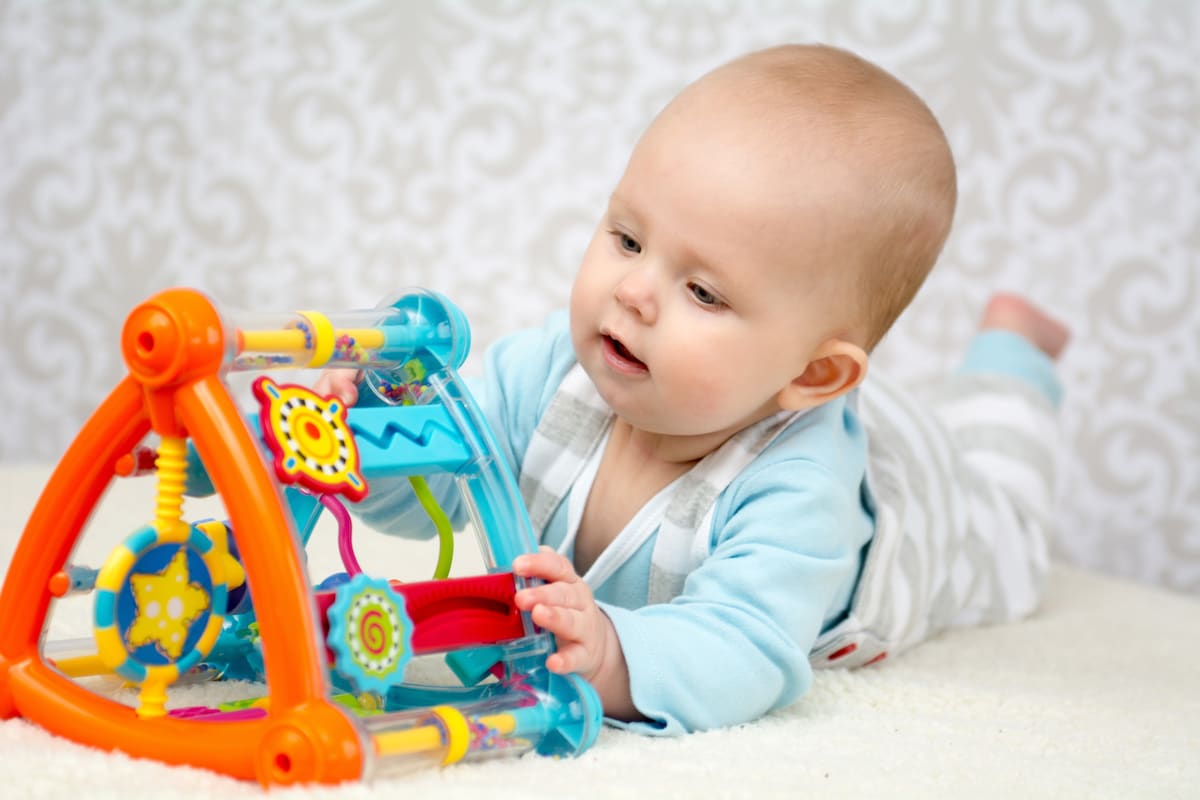 Source: bing.com
Source: bing.comAs a new parent, it can be overwhelming to see your tiny bundle of joy grow and develop so quickly. From their first smile to their first steps, each milestone is a memorable one. But what are the early stages of baby development, and what can you expect during your baby’s first year of life? In this article, we’ll take a closer look at the different developmental stages and offer tips on how you can support your baby’s growth and development.
Table of Contents
Stage 1: Newborn (0 to 2 months)
During the first few months of life, your baby is just starting to get used to the world around them. They may spend most of their time sleeping, but they are also learning to communicate with you through cries, coos, and facial expressions. At this stage, your baby’s movements are mostly reflexive – they will grasp your finger if you put it in their hand, but they won’t be able to hold onto it for long.
To support your baby’s development during this stage, it’s important to provide plenty of love and attention. Responding to your baby’s cries and offering lots of cuddles and skin-to-skin contact can help them feel secure and develop a strong bond with you. You can also help your baby develop their vision by providing plenty of visual stimulation, such as high-contrast toys or black-and-white pictures.
Stage 2: Infant (2 to 6 months)
As your baby grows, they will start to become more aware of their surroundings. They will begin to track objects with their eyes, reach for toys, and even roll over. During this stage, your baby will also start to develop their own unique personality, and you may notice that they have preferences for certain toys or activities.
To support your baby’s development during this stage, it’s important to provide plenty of opportunities for exploration and play. Tummy time is especially important, as it can help your baby develop the muscles they need to sit up, crawl, and eventually walk. You can also encourage your baby’s cognitive development by reading to them, singing songs, and playing simple games.
Stage 3: Older Infant (6 to 12 months)
During the second half of your baby’s first year, they will continue to develop their physical, cognitive, and social skills. They will learn to sit up, crawl, and eventually take their first steps. They will also start to understand simple words and phrases, and may even say their first words.
To support your baby’s development during this stage, it’s important to provide plenty of opportunities for movement and exploration. Your baby will be eager to explore their environment and may become frustrated if they are confined to a small space. You can also encourage your baby’s language development by talking to them frequently, pointing out objects and people, and using simple words and phrases.
Conclusion
As your baby grows and develops, it’s important to remember that every child is unique and will reach milestones at their own pace. While it’s natural to feel worried or anxious about your baby’s development, it’s important to trust in their abilities and provide plenty of love and support along the way. By following these tips and staying attuned to your baby’s needs, you can help your little one thrive during their early years.
Frequently Asked Questions
Q: What are some common milestones for babies during their first year of life?
A: Common milestones for babies during their first year of life include rolling over, sitting up, crawling, standing, and taking their first steps. Babies also typically develop their social, cognitive, and language skills during this time.
Q: How can I support my baby’s development during their first year of life?
A: To support your baby’s development during their first year of life, provide plenty of love and attention, offer opportunities for exploration and play, read to them, talk to them frequently, and provide plenty of visual stimulation.
Q: What should I do if I’m concerned about my baby’s development?
A: It’s normal to feel concerned or anxious about your baby’s development, but it’s important to remember that every child develops at their own pace. If you have concerns, talk to your pediatrician or a developmental specialist for guidance and support.
Q: How can I help my baby develop strong social skills?
A: To help your baby develop strong social skills, provide plenty of opportunities for social interaction, such as play dates with other babies or trips to the park. You can also model positive social behaviors, such as sharing, taking turns, and being kind to others.
Q: What are some signs that my baby may be experiencing developmental delays?
A: Signs of developmental delays may include difficulty with movement, such as not rolling over or sitting up by a certain age, delays in language development, and lack of interest in social interaction. If you have concerns, talk to your pediatrician or a developmental specialist for guidance and support.
